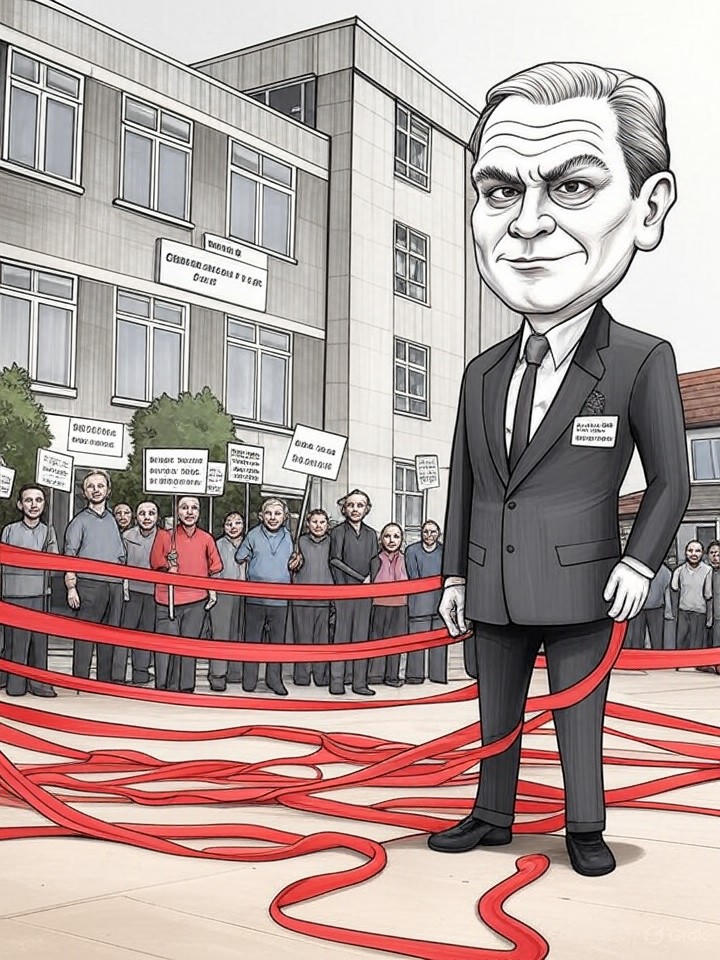
• via mattgoodwin.org
257,000 Britons Depart as Net Inflows Hit 944,000
Record emigration triples estimates amid unchecked migration surges
Revised data shows 257,000 net British citizens left in 2024, the highest since 1964, while net immigration peaked at 944,000. This dual shift reveals policy failures driving economic stagnation and social strain across parties.


